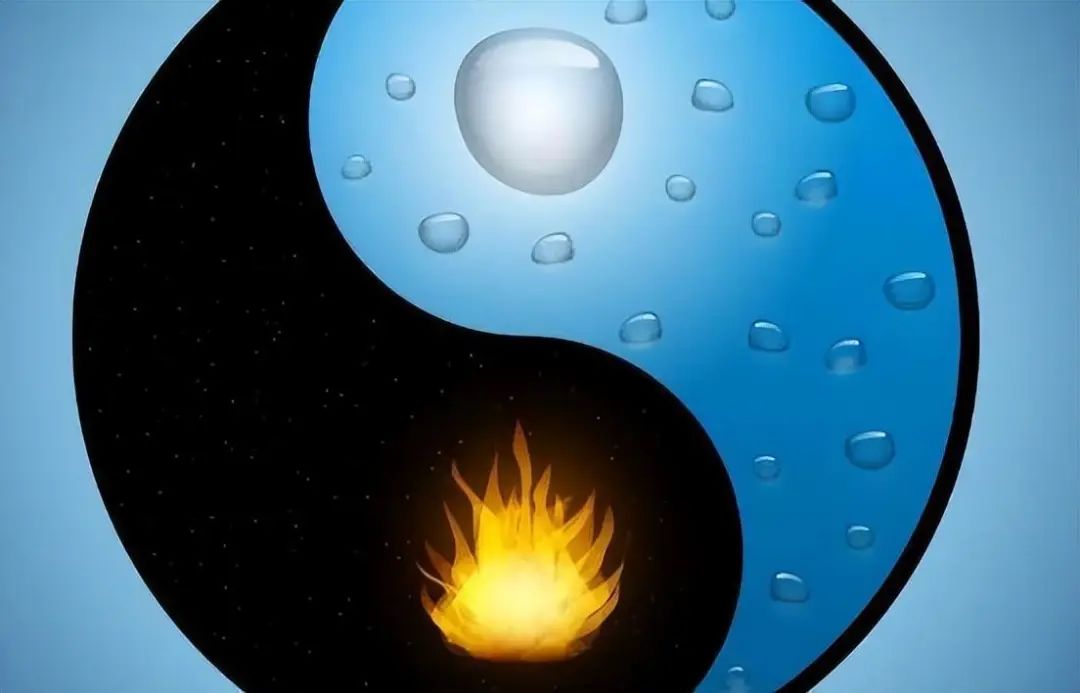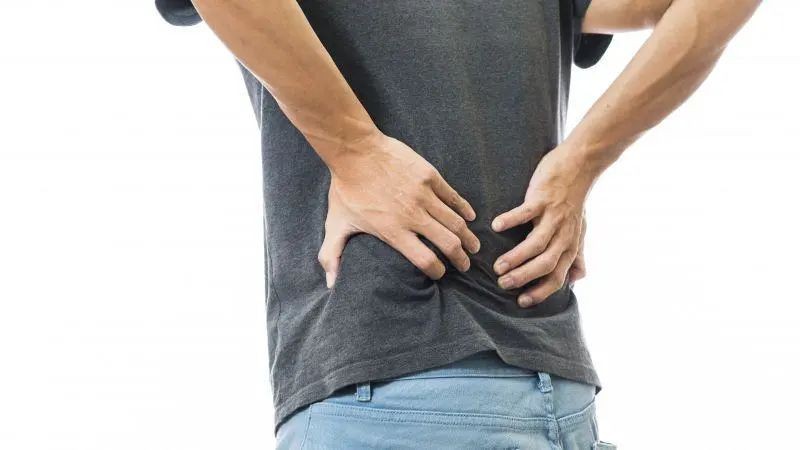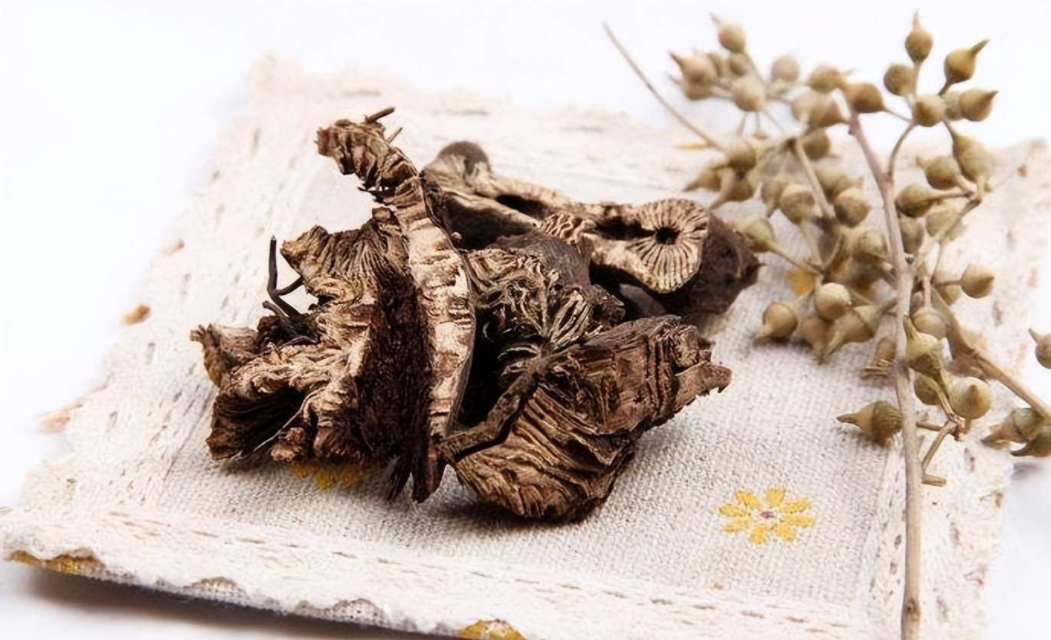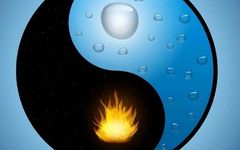Understanding the distinctions between warm yang, strengthen yang, unblock yang, elevate yang, and return yang is essential in Traditional Chinese Medicine (TCM). Today, I will share the five major methods of yang regulation in TCM to help you enhance your yang energy and maintain good health!

First, let’s look at warm yang and strengthen yang. Both methods are used to treat yang deficiency, but they utilize different medicinal properties. For instance, warm yang employs milder herbs such as Ba Ji Tian (Morinda root) and Du Zhong (Eucommia bark), which are warm but not overly intense. They can tonify yang without causing excessive heat, making them suitable for mild yang deficiency symptoms, such as frequent urination, especially at night, a tendency to feel cold, and lower back weakness with low libido.

Strengthen yang, on the other hand, uses more potent herbs that can significantly boost yang energy, such as Xian Mao (Curculigo), Lu Rong (Deer antler), and Yin Yang Huo (Epimedium). These herbs can replenish yang energy throughout the body, benefiting not only kidney yang but also heart and spleen yang. They are effective in eliminating deep-seated cold and dampness, making them suitable for more severe yang deficiency symptoms, such as impotence, weak erections, cold extremities year-round, and constipation in the early morning.

Next is unblock yang, which refers to situations where yang energy is sufficient but obstructed by cold pathogens, phlegm-dampness, or blood stasis, preventing it from circulating freely throughout the body. In such cases, we use herbs that warm and unblock yang energy, such as Gui Zhi (Cinnamon twig), Xie Bai (Garlic chives), and Xi Xin (Asarum). These herbs can clear blockages in the meridians and promote the smooth flow of yang energy. They are suitable for individuals experiencing shortness of breath, excessive white phlegm, chest tightness, and localized joint pain.

Elevate yang refers to the inability of spleen yang to rise and transform qi and blood, leading to a lack of nourishment in the upper body. Herbs like Huang Qi (Astragalus) and Sheng Ma (Cimicifuga) can help elevate yang energy within the body, preventing deficiency of central qi and promoting spleen yang. This method is suitable for individuals experiencing dizziness, headaches, blurred vision, and insomnia.

Finally, return yang is crucial, as the absence of yang energy can lead to severe conditions. This method targets patients with yang collapse. Clinically, we often use warming herbs such as Gan Jiang (Dried ginger), Fu Zi (Aconite), and Rou Gui (Cinnamon) that have the effect of returning and rescuing lost yang energy. This approach is suitable for patients with severe yang deficiency, who may present with cold extremities, lethargy, and even loss of consciousness.

Important Note: The herbs mentioned above are for reference and discussion purposes only and do not represent a diagnosis or treatment plan. TCM emphasizes individualized treatment; if you experience discomfort, please consult a qualified practitioner for proper diagnosis and treatment. Do not self-medicate blindly.

